“Huesera: The Bone Woman” is a bold vision from a Mexican filmmaker, and it’s what we need in a world plagued by a marked empathy crisis.
Mexican horror remains one of the most underrated and interesting categories of global horror. The country gave way to greats like Guillermo del Toro and rising stars like Issa Lopez (Tigers Are Not Afraid) and Gigi Saul Guerrero (Culture Shock).
You can add Michelle Garza Cervera to your Mexican horror filmmakers to watch list because her bone-cracking 2022 feature debut, Huesera: The Bone Woman, is an outstandingly creepy and emotionally resonant horror story that is chilling and meditative in equal measure. Motherhood, compulsory heterosexuality, marriage, and family are thoroughly deconstructed, all the while making sure you will never look at popping your fingers in the same way again.
Huesera follows Valeria (Natalia Solian), a young woman who is struggling to get pregnant. Her relationship with her husband Raul (Alfonso Dosal) seems okay enough, if not a little lackluster. We see glimpses of the life that Valeria used to lead as a spirited punk gal who was steeped in the subculture and wanted to make furniture. Now, she’s settled into a typical married life, and she soon becomes pregnant.
Her pregnancy upends her life as she begins seeing a supernatural entity with broken bones that crack and pop, haunting her and her unborn child. As Valeria becomes more distraught, she reconnects with her old flame, a woman named Octavia (Mayra Batalla).
Pregnancy is difficult enough without being haunted by malevolent spirits.
In fact, pregnancy can be downright dangerous even with stellar medical care and resources. From traumatic births to pregnancy-induced health issues to maternal mortality rates, carrying a child to term is a huge undertaking for any pregnant person. However, pregnancy is treated as a one size fits all by society at large.
Mexico Business News reports:
“As of Jan. 2022, Mexico’s maternal mortality rate is 53.1 deaths per 100,000 estimated births, which represents an increase of 18.7 percent compared to the previous year. COVID-19 was the cause of death in 42.7 percent of cases during that period, followed by edema, proteinuria, and hypertensive disorders complicating pregnancy, childbirth, and the puerperium.”
Those with uteruses are reduced to their capacity to bear children or their infertility.
To paraphrase Jane Austen, every person in possession of a uterus must be in want of offspring, or at least that is society’s neverending mantra in an era where politicians spend more time fear-mongering about dropping birth rates and abortion access than caring about children actively dying in school shootings, but this writer digresses.
Huesera is a film that looks this phenomenon in the eye, and Michelle Garza Cervera tells us it is okay not to want to be a mother or have anxieties surrounding motherhood.
The people around Valeria, including her husband, might reduce her to an expecting mother, but Cervera makes sure never to demonize Valeria for having ambivalent feelings toward her pregnancy. Instead of choosing to fall into stereotypes involving selfishness, Valeria is portrayed with the utmost sympathy and ultimately as a selfless and loving person in the film’s harrowing and uplifting final act.
Society enforces the idea that marriage (to a cis straight man) and pregnancy are what women (of many walks of life and demographics) should aspire to.
Valeria’s carping and overly traditional family seem to be of this mindset, speaking of Valeria’s past relationships with women as if they are an aberration. Her sister even tells her, “People like you shouldn’t have children.”
The audience gets the idea that Valeria has long struggled with her sexuality and how that part of her fits in with her daily life, especially when it comes to her family.
In the past, Valeria had the chance to leave the city with Octavia, but after her brother’s untimely death, she chose her overly conservative family and strove to make them proud.
The Valeria that the audience sees today is buckling under the societal expectations of motherhood and heteronormativity. This puts her and her child in danger as her mental state worsens, and she habitually sees the specter of the Bone Woman that has attached to her.
As Valeria becomes more unstable, her seemingly milquetoast husband turns cruel. It’s obvious Raul views Valeria as little more than a wife and a childbearing vessel. He’s not an active participant in their relationship, let alone the pregnancy. Their sex is perfunctory, uninspired, and listless, and it comes to an end with her pregnancy. (When she playfully tries to initiate sex, he denies her because he supposedly thinks sex will harm the fetus.) What once could be written off as ignorance at best becomes clear as the story wears on.
He’s aware of Valeria’s past with Octavia; he knows he is boxing the woman he supposedly loves into conformity, but that’s okay, just as long as she keeps quiet and gives him a child.
His staunch patriarchal dominance further exacerbates Valeria’s degrading mental state.
Huesera takes a look at pregnancy and sexual desire from both a heterosexual lens and a queer one.
The unfulfilling sexual relationship with Raul and his refusal to have sex with a pregnant Valeria highlight another facet of the heteronormativity that has been thrust upon Valeria.
Valeria is shown desiring a deeper intimacy with her husband, a need to be playful and connected with him, yet he doesn’t meet her halfway. This is a sad reality for many women in relationships with cis men, regardless of either’s sexual orientation. Valeria turns to Octavia, their former relationship rekindles, and an affair blossoms. Octavia is not afraid of Valeria’s pregnancy, and the sex between them is passionate and worshipful, and above all, it’s fulfilling for Valeria. She is allowed to be her full sexual self with Octavia, exploring her desires as her body changes.
It’s a subtle pushback at the idea that pregnant women are just vessels without any sexual wants or needs and creates a fascinating discourse about desire and satisfaction in all relationships but especially in ones where a party is forced to perform heterosexuality.
The film tackles some well-tread horror tropes and capitalizes on the fears that come with motherhood and pregnancy, but it does so from a fresh point of view. It’s not a stale rehashing; it’s a reinvention.
This is a queer film and a Mexican film.
It shifts the story from a white and heterosexual paradigm to a new and uncharted territory, giving us cultural nuances and sexuality-based commentary.
It’s a necessary and meditative film.
Just because a topic has been discovered by other filmmakers before doesn’t mean it can’t be studied from new and exciting viewpoints, shedding light and creating more interesting discussions.
Huesera is emotionally heavy, and the end will be controversial with some, but I would like to explore that bit from a point of empathy, love, and reverence.
At the end of the film, Valeria leaves her daughter with Raul and moves out of the family home, but this is not before Valeria faces the Bone Woman as a way to conquer the spirit and save her daughter once and for all. It would be easy to misconstrue Valeria as selfish. No, her heart is precisely in the right place. She risked her life for her newborn daughter’s safety. That is no small feat, and it is one that she made out of love.
There is no way she can provide and care for a small human while feeling hollow and depressed.
Valeria’s leaving opens her up to the possibility and possibly a stronger relationship with her daughter later down the road. Regardless of what Valeria chooses to do past the film’s conclusion, her choices are made with her daughter in mind. A mother’s love can be exhibited in more than one way.
Huesera: The Bone Woman is a must-watch. It is horror at its best, creative and cerebral. It has all the thematic layers and gut-churning scares that will feed all sorts of genre fans.
At its core, this is a film that invites you to exercise love, compassion, and understanding from a neglected viewpoint.


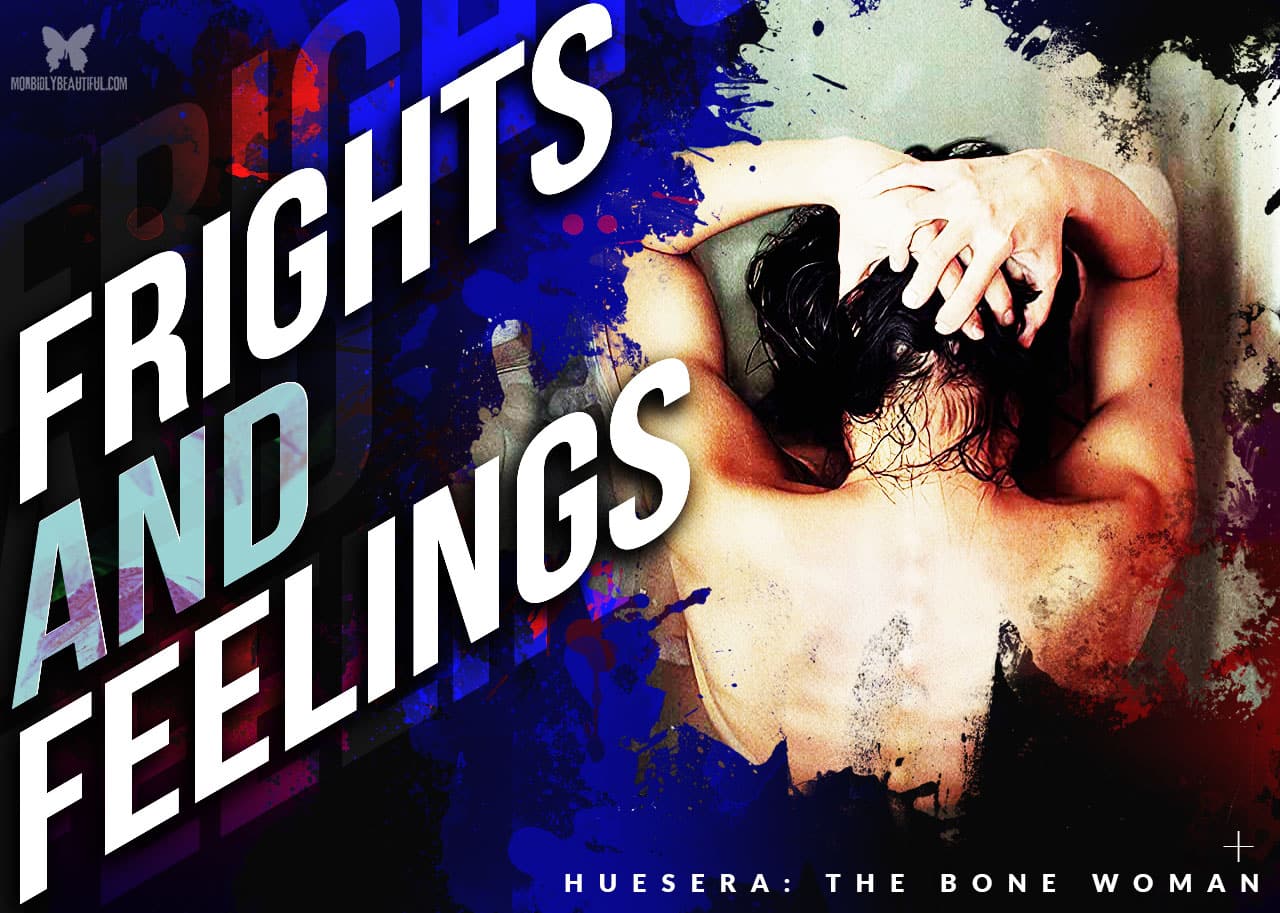
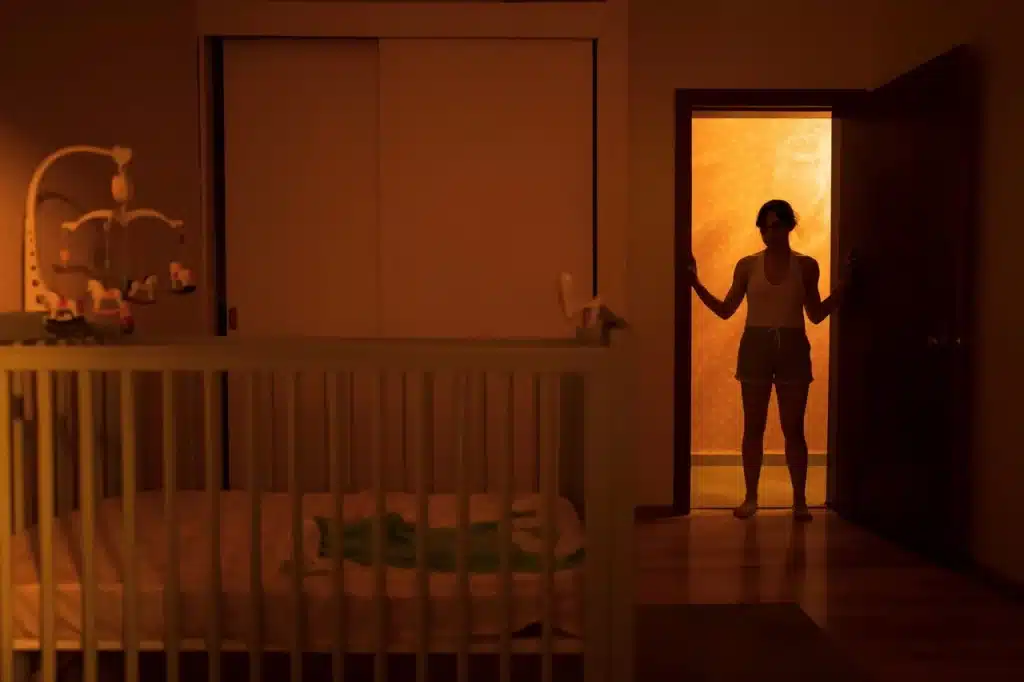
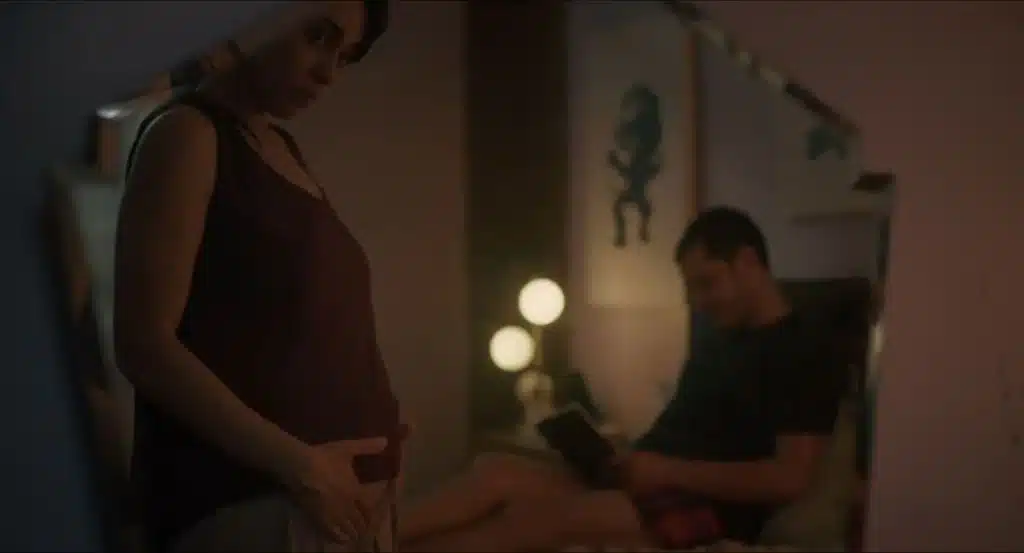

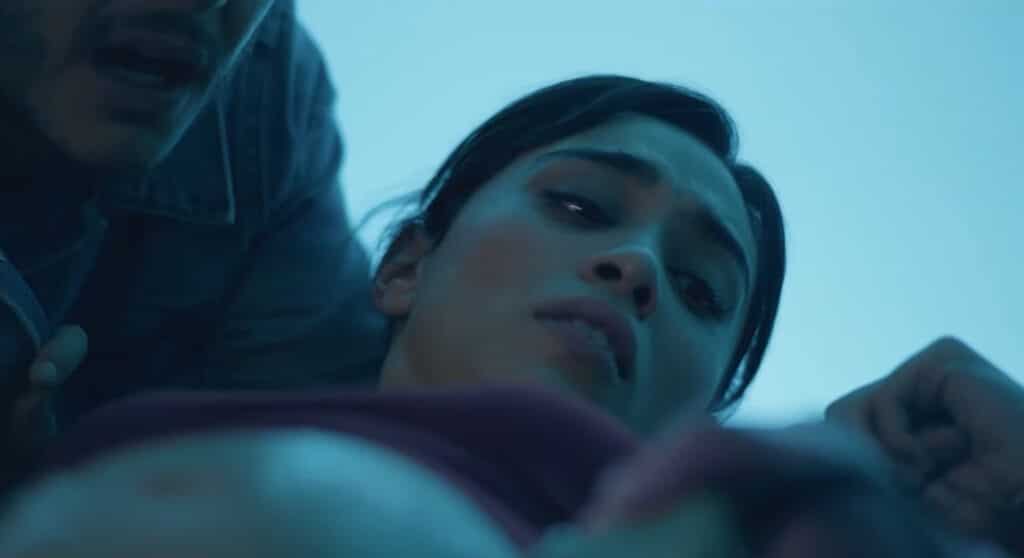
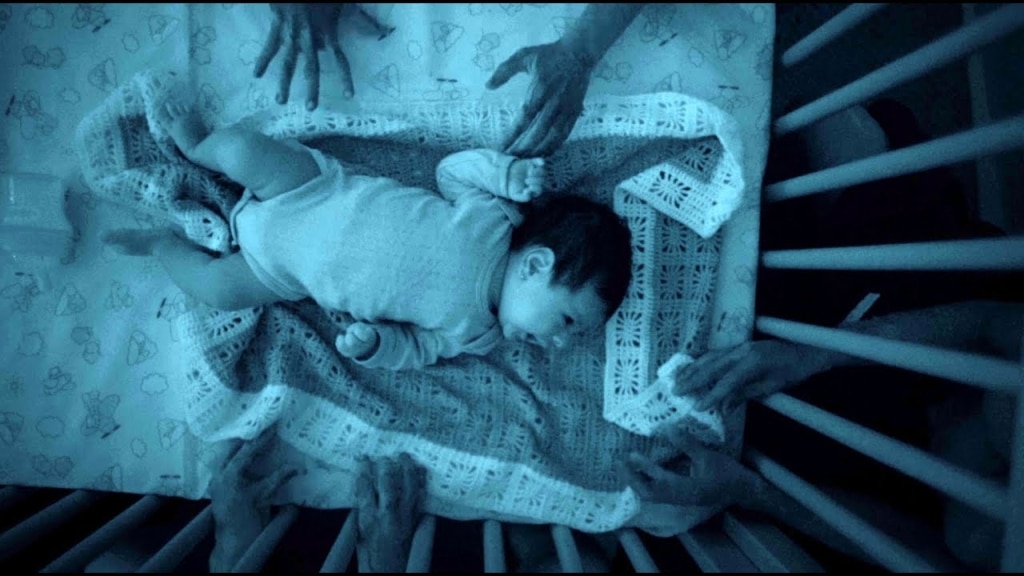
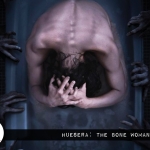











Follow Us!